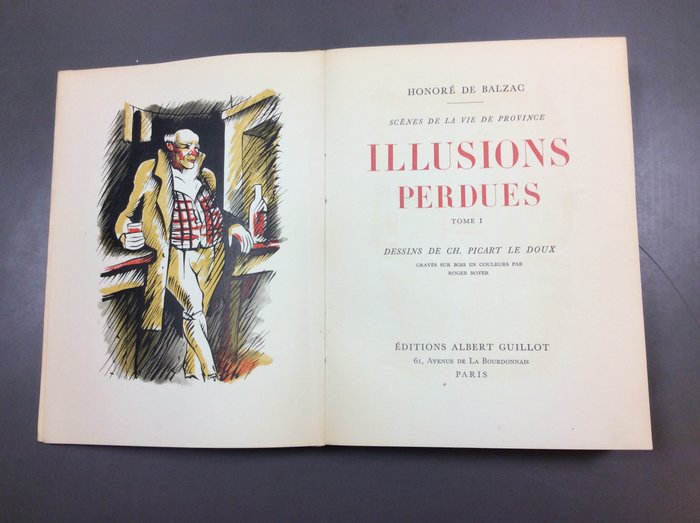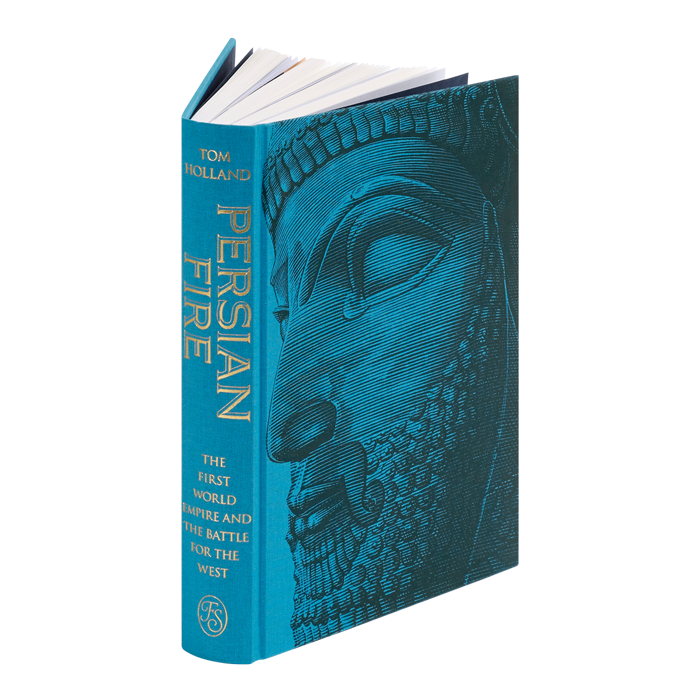. . . . Oyez, Oyez. Breaking News: Essential information for persons wishing lives of success and satisfaction, that this is so is so announced by The Media -- lip gloss is back. As it is written, so let it be done.
~~~~~~~~~
READING so far this month, begins with finishing off Guy Gavriel Kay's All the Seas of the World (2022). This is an inert, monotonal narrative, content to lie page flat. There is no differentiation in voices of characters, or the pacing. The pages, however, are stuffed with ponderous ponders about random acts changing lives and events and characters, as well as the female protag’s constant pondering on her past as a slave, which involved sexual violation from a master she quite liked – but she killed him, by the means he trained her to do and the weapons he gave her. This all happens before the book opens. She never tells us why she killed him, or why she killed him when she did, until almost the end, which is pretty anticlimactic. Also because he dissed her by ordering her have sex with somebody beneath her. A stable hand, I think, who smelled like shit. That pissed her off so much, that then she killed him. This all has already happened, as mentioned. We begin our journeys with people who are very successful and rich due to their abilities to plot and scheme, to kill or have others kill on one's behalf, which killings change or move along each others’ lives as they interact. Their, then, interconnecting circles of wealth, agency and power, expand to intersect and ally with other rich, powerful, successful characters, which make them ever more wealthy and powerful. Plus we are led to believe they deserve this because they worthy wielders of power and choosers of life and death for others. The author's vaunted ‘quarter turn’ from history and real locations is frustrating because one is always thinking of the real places and history. The author’s pretense at fantasizing by quarter turns the Romance languages, which turn the places and words into mush and meaningless – when the real thing has meaning -- has only become more intolerable as the books grind on. Everything irritating in this author's works from the gitgo was foregrounded and dominant in this one. This is particularly the case for a reader who has read the same popular histories for the 15th and 16th century Mediterranean, the Turks and the Ottoman Empire as the author has read.
Jennifer Haigh's Mercy Street (2022) is first contemporary set novel I can stand in a long time. Something as counter to the smug sorts such as Julian May Jonas's Vladímír (2022) or Victor LaValle's The Changeling (2017) as one get. Haigh has no trouble finding ‘something to write about, unlike Jonas's novelist stand-in protagonist laments. Haigh's narrative is straight forward, no tricks, no structuralist maneuvers, no up author’s own ass interiority solipcist ponderous ponderings. Just a range of characters, particularly female characters born in poverty, who stay in poverty – often due to early pregnancy, set mostly in Boston around winter 2015 i (we were in Boston several times that winter, and recall the endless snow and storm vividly) and New England. An abortion clinic is the connection among the characters who are clinic staff, their lives, the people they know who aren’t the patients -- their all important weed dealers, the patients, the antiabortionists. It's real w/o being in the least misery porn or hopeless. It is the most realist, realistic, realism contemporary novel with a lot of women I've encountered since maybe the 70's and 80's.
As far as the ongoing READING ALOUD TOGETHER BEFORE LIGHTS OUT, after nearly 10 weeks, this past Monday, we finished The Landmark Herodotus: The Histories. (2007) Edited by Robert B. Strassler. A New Translation by Rosalind Thomas. “The most densely annotated, richly illustrated and most user-friendly edition of the Histories ever to appear.” So user friendly is this edition that not only did we read aloud all the appendices, we also read aloud the glossary. We are currently following the Landmark Herodotus, with The Landmark Xenophon's Anabasis (2021), dited by Shane Brennan and David Thomas. "... the definitive edition of the ancient classic--also known as The March of the Ten Thousand or The March Up-Country--which chronicles one of the greatest true-life adventures ever recorded."
For engrossing non-fiction READ ALONE, I'm treating myself to another Roger Crowley title, Conquerers: How Portugal Forged the First Global Empire (2015). Anyone with an interest in the history of the "Christians" confronting the realities of Muslim empires, Crowley is essential. His 1453: The Holy War for Constantinople and the Clash of Islam and the West (2005) is the best depiction of the Fall of the Red Apple to the Ottomans.
~~~~~~~~~~~
CURRENTLY WATCHING the Netflix continuation reboot of Borgen (2022), the popular here, and in the UK, former Danish series, featuring Danish politician, Birgitte Nyborg. Perhaps what interests this viewer the most is how the Russians in this series are already bad guys due to Ukraine, though obviously, when the series was being written and shot, the invasion hadn't happened yet. I see this awareness of Russia's intentions toward Ukraine, as well as what thugs they are everywhere, thus are made villains earlier in many television programs, particularly in British crime series. Here also, in, for instance, the Amazon Prime Bosch. Quite a change from the days of The American, where Russians protagonist spies here in the US are overtly working to destroy the US, were lauded as The Best Evah! It's about family! (But the Russians never evah fooled John le Carré.)
PREMIERE - CRITICS SCREENING of the Afro-futurist sf musical set in Rwanda, Neptune Frost. It's not like anything else.
~~~~~~~~~~
GENERAL DAILY WORK ACTIVITY tends to revolve around the now, nearly completed, complete with the 5:1 professional movie theater sound technology, Tierra Sagrada. So far, in various stages of production and editing, it has been viewed on one of our Postmambo Movie Nights, at the Big Ears Film Festival in Knoxville back at the end of March, at the King Juan Carlos theater at NYU. It is now scheduled for some churches and colleges in New Jersey and Connecticut. El V's taking it to Cuba later this month to show it to the people who are in it.
Activity also around going to New Orleans next month, to prospect for next winter's Postmambo Travelers trip, and in August to Colombia -- Cali and environs -- the Pacific coast, which may be the most African spot in the Western Hemisphere, though certainly Haiti and Bahia can give that designation a run for the title.
Speaking of Brasil (Bahia), the country's largest publishing house, which also owns a chain of bookstores, has acquired the rights to translate all our books into Portuguese and publish them there.
Speaking of the UK, an old radio piece that el V created for public radio back in the day, got picked up for a program on the BBC-- it was wild listening to it via BBC on line.
Speaking of New Orleans, el V's working out how to manage Cornell University's orchestra getting there, staying there, eating there, working with NO musicians, and getting home again, for the spring semester.
~~~~~~~~~~~
Memorial Day was a great get-away, company, food and weather had us spending from 3 PM - to nearly midnight in friends' courtyard garden -- with nary a mosquito bite! That was the longest span of hours away from our apartment since covid (yes, everyday more people we know have it, people who are vaxxed, generally careful, some of them have gotten break through covid three times already) unless we were out of NYC all together.
Knowing our work matters, our friends, keep us going despite the weight of fury, bitterness, depression, despair.




